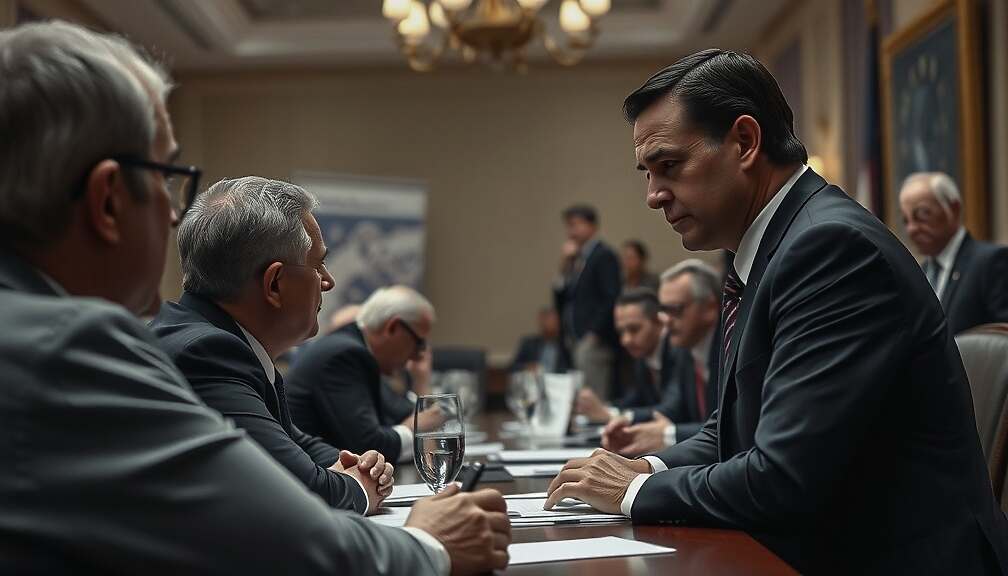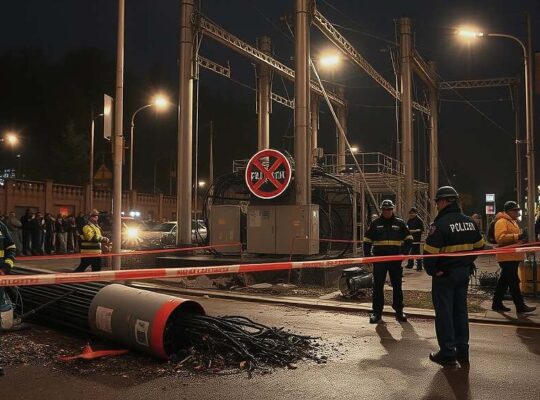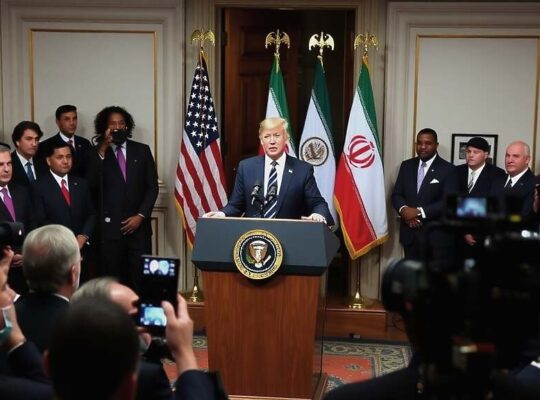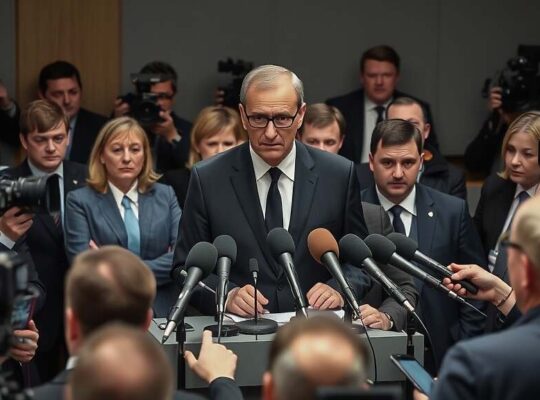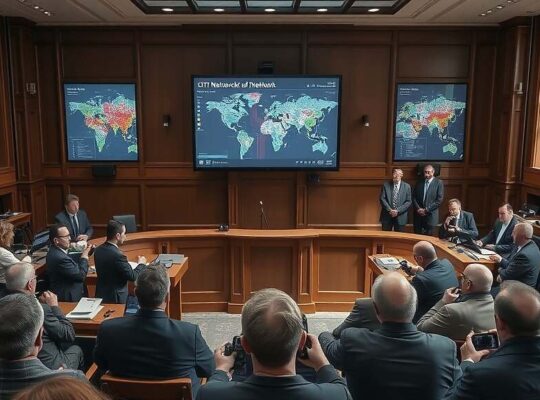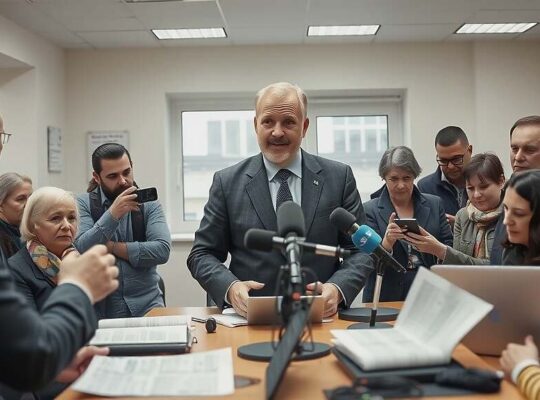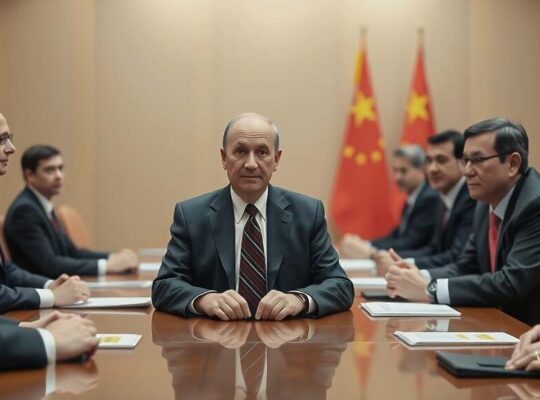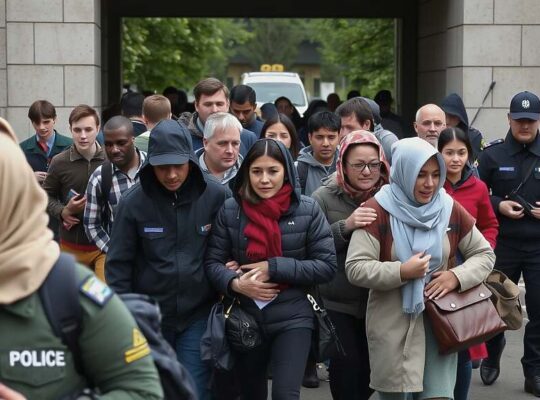The recent agreement outlining the initial phase of a US-led plan to end the Gaza conflict has placed renewed scrutiny on Germany’s role in regional stabilization, according to prominent figures within the Christian Democratic Union (CDU). Jürgen Hardt, the CDU’s spokesperson for foreign affairs in the Bundestag, lauded the US involvement, describing the actions of President Donald Trump and mediating parties like Qatar as “a coup for peace”. However, he swiftly shifted the focus, emphasizing Germany’s responsibility to safeguard the fragile accord and actively contribute to healing the deep wounds inflicted by the events of October 7th.
Hardt’s statement, published across the Funke-Mediengruppe newspapers, underscored a subtle but significant framing: that the US has taken a leading role, while Germany now bears a critical obligation to support and sustain the momentum. While Chancellor Friedrich Merz and Foreign Minister Johann Wadephul have reportedly begun engaging with the situation, Hardt stressed that a broader and more assertive demonstration of German security and foreign policy leadership will be imperative moving forward.
Notably, the commentary acknowledged the EU’s marginal presence in the initial negotiations, a point that implicitly questions the bloc’s efficacy as a mediator in the Middle East. Despite this apparent sidelining, Hardt framed the EU’s role as “increasingly important” as a “trustworthy partner” in the region.
The sentiment expressed by Hardt departs from a typical German stance often emphasizing multilateralism and cautious diplomacy. His assertion that Germany would “directly benefit” from regional peace suggests a more proactive and potentially politically advantageous approach. The optimism regarding a “stable peace”, stronger than in recent years, also reflects a desire to capitalize on the current opportunity – a prospect shadowed by the complexities of the ongoing conflict and the potential for further instability. The emphasis on a German contribution beyond simply diplomatic efforts remains deliberately vague, leaving room for speculation about potential security commitments and financial aid, all while placing pressure on Berlin to demonstrate substantial engagement.


